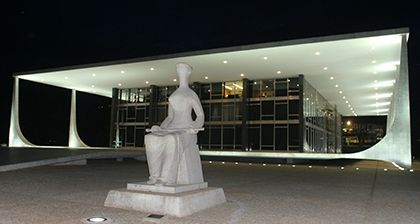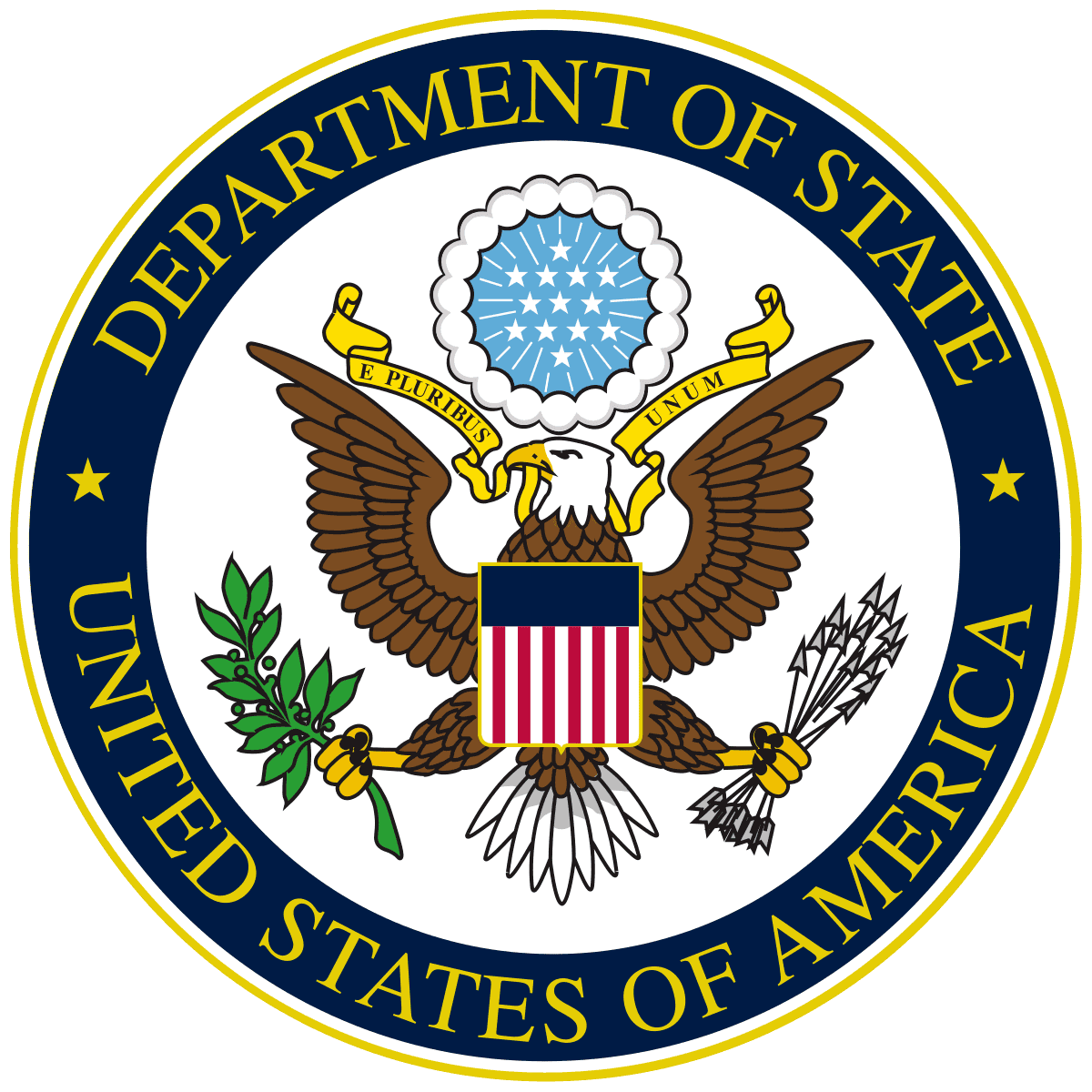
28 Mar 2023
Brazil's Article 19 Conflict Mirrors Section 230 Debate in the United States
Facebook and Google appearing before the Supreme Court to argue they cannot be held responsible for content that users post on their platforms. Legislation addressing the issue described as constitutional and “balanced.” Disinformational posts appearing widely on social media, ramping up political tensions in a nation that's cleaved down the middle. A rancorous presidential election with the loser refusing to concede, calling for riots, and trying to overturn the result.
These statements could be made about the United States and Section 230, a portion of the Communications Decency Act of 1996 that unleashed the major social media platforms and largely protected them from libel suits.
But the above debate is about Brazil and its 2014 law known in shorthand as Article 19. The law is part of the Marco Civil Law of the Internet in Brazil, and is specifically Chapter III, Section III, Article 19. The law shares the Article 19 name with a Lond-based human-rights organization dedicated to freedom of expression and information.
A lawyer for Facebook just told the nation's Supreme Federal Court judges that Article 19, which offers 230-type protections, needs to stay. The two big social media companies and the law are under siege by a lawsuit claiming damages inflicted against an individual by a profile that was not taken down after a request to do so.
The liberal candidate, Luiz Inacio Lula da Silva won Brazil's most recent presidential election in 2022, as in the United States, and Article 19 has remained. His opponent represents the half of Brazilian society from which calls for more Internet (and social media) regulation. One official argued that “freedom of expression is not at risk” if it is regulated.
For its part, Facebook has said it's complied with hundreds of court orders, and an attorney for Google Brasil said it removes “harmful or illegal content” before awaiting a court order.
A large e-commerce company, Mercado Libre, has taken the side of the tech platforms, arguing that restrictions on social media will have a dampening affect on online commerce.
The debate will continue in Brazil as in the United States, and no doubt in many other countries as well. A new generation of highly realistic fakery created by generative AI will add some new thorns to the issue.
Photo of Supreme Federal Court from Government of Brazil.
Follow us on social media:


.d57b427b.png&w=3840&q=75)

















